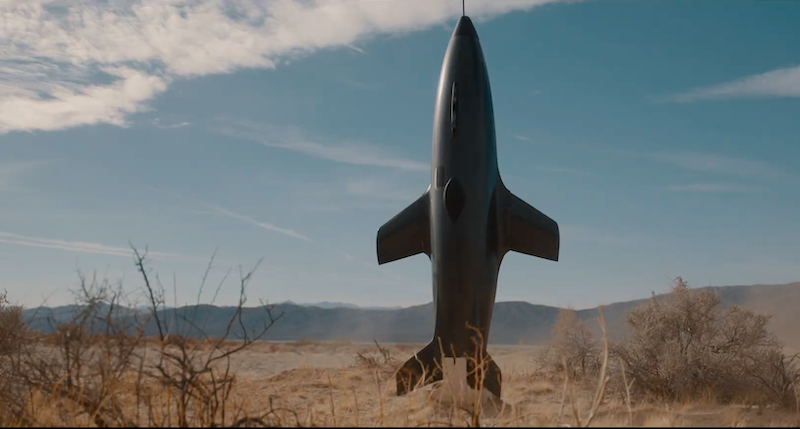Young money: Last Wednesday, California-based defense start-up Mach Industries made a hell of an announcement: they raised a $100M Series B led by Sequoia Capital and Khosla Ventures at a $470M valuation.
Impressive stuff, but even more impressive when you consider that the company was founded just two years ago by Ethan Thornton, a now-21-year-old MIT dropout. Remember when college kids started social media companies in their dorm rooms? Well, now they’re making weapons.
What Mach makes:
- Viper: An unmanned jet-powered VTOL
- Glide: A high-altitude glider with a strike system capable of long-range, low-signature delivery
- Stratos: A persistent high-altitude “in-air satellite” platform for ISR and communications
Interoperable: A key part of Mach’s vision is its 115,000-square-foot flagship Forge factory in Huntington Beach, California.
Mach views Forge more as a concept than a factory, per se. Eventually, they plan to build out Forges around the world—“network[s] of decentralized, flexible factories designed to make all components of unmanned warfare.” And they’re open to teaming up—Mach wants to build everything needed to make UAVs for both themselves and partner companies. Think of it as a co-building space for hard-tech defense startups.
They’re already off to a hot start: In March, Mach partnered with Israeli-American firm Heven Drones to build hydrogen-powered UAVs and co-develop “critical UAV components” including radios, avionics, propulsion systems, and fuel sources. Mach was also recently awarded an Army Applications Laboratory contract to develop a “Strategic Strike” precision cruise missile.
Bumpy ride: It hasn’t always been smooth sailing for Mach. Last summer, Forbes reported that the company was having trouble building hydrogen weapons—its original goal—and that there had been some serious safety concerns at the company.
However, the company pivoted to drones earlier this year with “Strategic Strike,” and it seems there’s no looking back.
21 Savage: “Global security depends on America’s ability to create asymmetric unmanned capability,” Thornton said in a statement. “That means scaling production, building new facilities and fielding systems that deter conflict.” You know, the usual things for someone his age to be thinking about.
Looking Forward: Mach says it will use the fresh capital to accelerate Forge Huntington’s expansion; build out its tactical engine division, Mach Propulsion; and scale its Viper, Glide, and Stratos systems.
As Khosla Venture’s Keith Rabois said, Mach’s Forge manufacturing platform allows it to pump out its products “faster, cheaper, and with fewer constraints than traditional defense players.” Well, let’s see how it goes.

